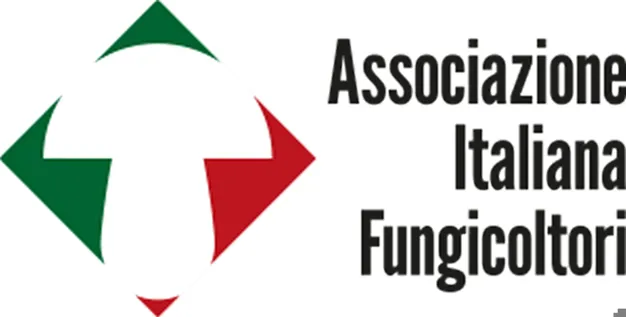The European Union is striving to make packaging more sustainable and reduce waste in member states. This goal is shared by the FIA, however, the association emphasises that the protection of highly perishable products, such as fresh mushrooms, which consist of 90% water, should remain a top priority.
As of 1 January 2030, a ban on certain single-use plastic packages will be introduced, which will also include those for unprocessed fresh fruit and vegetables up to 1.5 kg. This regulation will have a direct impact on mushrooms and other cultivated mushrooms. Regulation (EU) 2023/1234 of the European Parliament and of the Council on packaging and packaging waste introduces restrictions on the use of certain packaging formats. In particular, Article 22 stipulates that, as of 1 January 2030, economic operators may not place on the market packaging in the formats and for the purposes listed in Annex V of the regulation.
Annex V specifies the types of packaging subject to restrictions, including: Single-use plastic packaging for fresh, unprocessed fruit and vegetables weighing less than 1.5 kg; single-use packaging for food and beverages intended for immediate consumption within the premises of the H&R sector (Hotels, Restaurants, Catering); single-use packaging for small cosmetics and toiletries used in the hospitality sector.
These measures aim to reduce the environmental impact of packaging and to promote more sustainable solutions. It is important that the companies concerned prepare to comply with these new regulations within the set deadlines.
The crucial role of plastic protective packaging
Plastic plays a crucial role in prolonging the freshness of cultivated mushrooms, as many of the currently available alternatives such as nets, bands, paper and cardboard containers, fail to provide the necessary level of protection along the distribution chain. Inadequate packaging leads to quality problems such as bruising or signs of wilting, which consumers tend to find unacceptable. In addition, many alternative solutions remove additional moisture from mushrooms, accelerating their deterioration.
High physical protection: an essential necessity
Unlike many other products, fresh mushrooms do not have a protective skin or rind to protect them from impact. This makes them particularly vulnerable to external damage, with spots appearing quickly. Considering that consumers often buy mushrooms on impulse, it is essential that appearance and freshness are preserved to ensure instant appeal.
Mushroom breathability and moisture management
Mushrooms, such as champignons and premium varieties, require a certain amount of oxygen even after packaging, unlike products such as meat or cheese, which require a more sealed atmosphere. Therefore, it is essential for the packaging used for mushrooms to ensure proper oxygen transmission and water permeability to allow excess moisture to escape. This type of packaging maintains mushrooms dry and well protected, preventing rapid spoilage that would lead to further food waste problems.
The position of the Italian sector
According to the president of AIF - the Italian Mushroom Growers' Association, Andrea Prando, current technology clearly demonstrates that the use of plastic packaging is the most effective and, for the moment, the only solution to protect the quality and freshness of fresh mushrooms. One option to reduce the environmental impact could be to increase the percentage of recycled materials in the plastic films used. However, the search for alternatives that guarantee equally high standards must continue.
The Italian Association strongly supports the need to work on the search for new materials, and considers it essential for fresh mushrooms to be exempted from the packaging restrictions of the new EU Regulation, at least until equally effective solutions are developed.
With this in mind, the member associations of the European Group of Mushroom Producers, of which AIF is a member, are drafting a document to be presented in a unified form to the relevant EU DGs.
For more information AIF - Italian Association of Mushroom Growers
AIF - Italian Association of Mushroom Growers
Via Torricelli, 71/A
37100 Verona - Italy
+39 045 952058
[email protected]
www.fun.go.it
